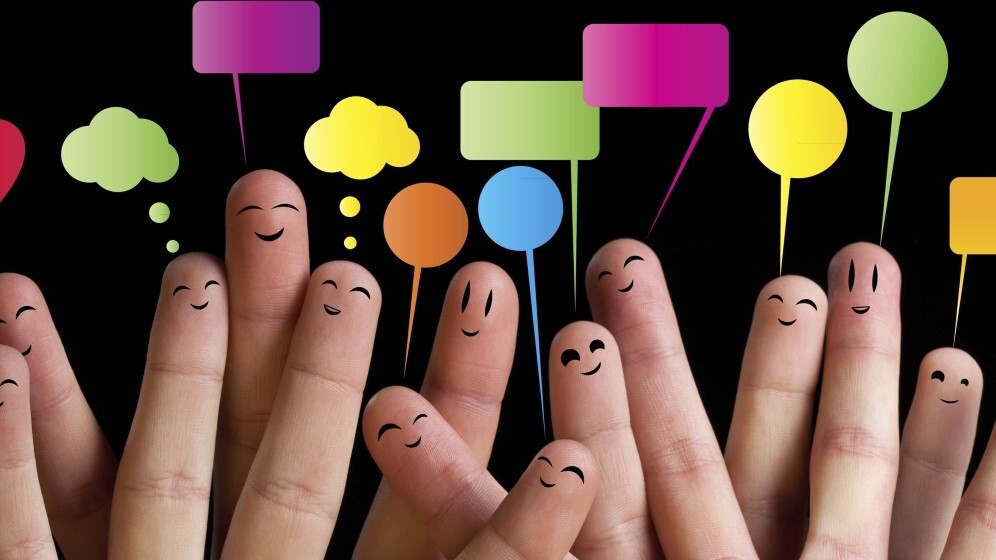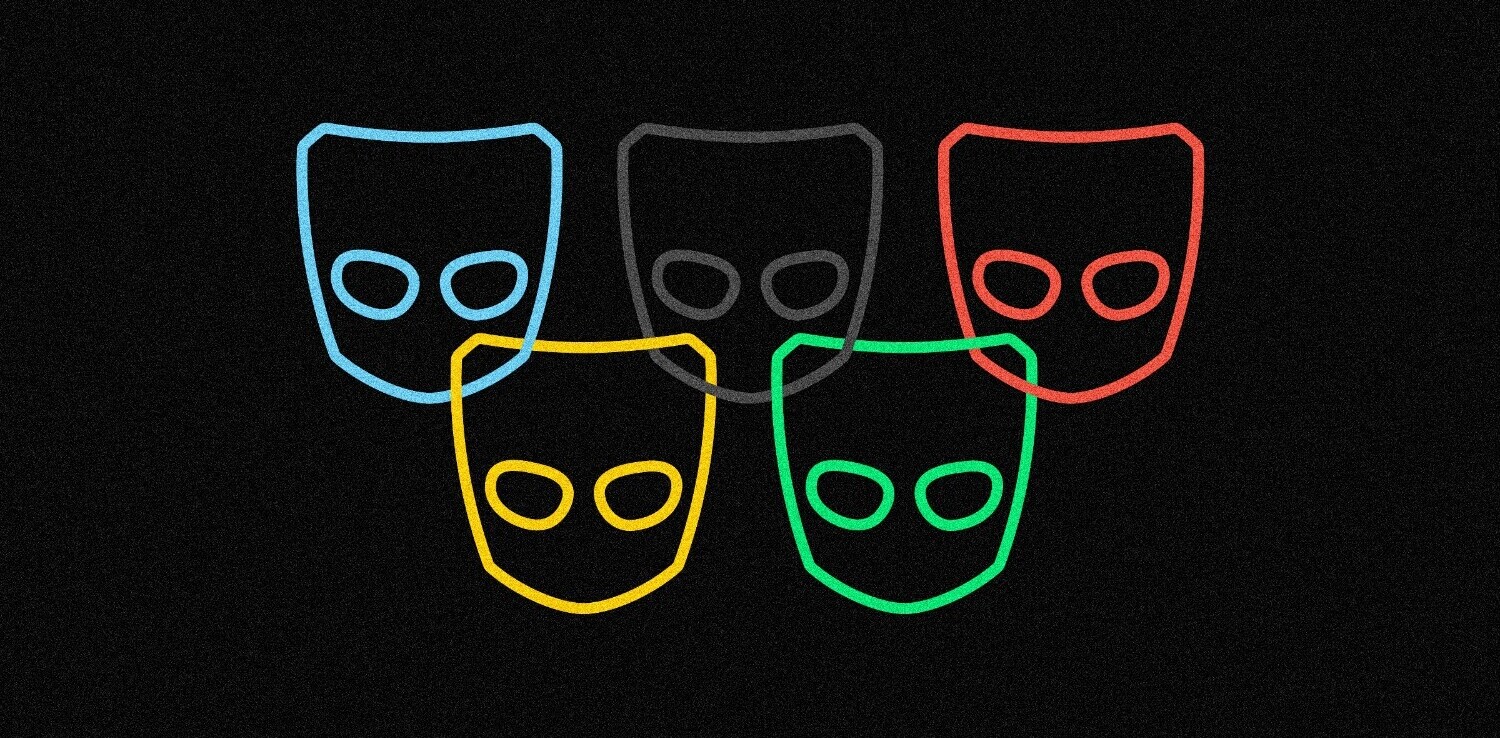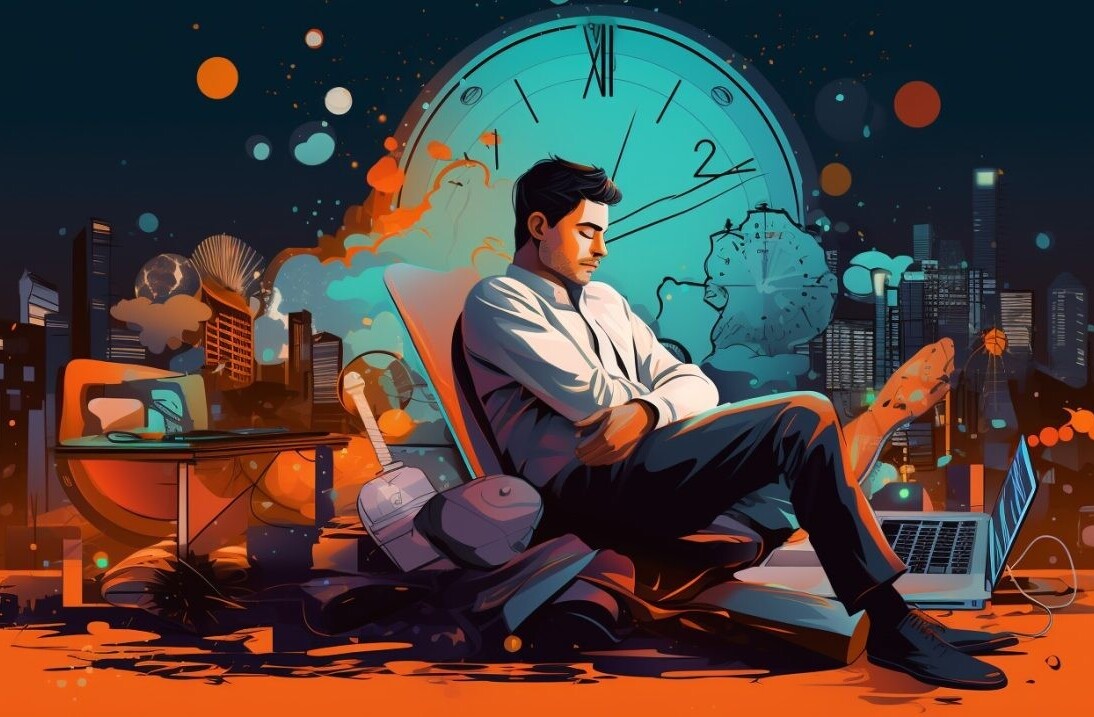
Sarah Judd Welch is the founder & head of community design + BD at Loyal where she designs communities for startups, brands, and Fortune 100s.
I’ve never felt entirely comfortable defending my work in community. Yes, I’ll tell you about Return on Investments (ROI) all you want, but truly, community has much bigger ambitions.
I spent the summer between middle school and high school busing from San Jose’s suburban edges to downtown where I spent my days tutoring students at the local elementary school in their worn down, gang ridden neighborhoods. What I remember most was learning the word “amor” and those morning glory vines attempting to crawl up falling down fences.
A year later, my mom drove our moving truck through that same neighborhood — we were relocating in wake of the tech bubble burst. My mom pulled up into the driveway of a house I had never seen before. I got out of the car. I turned around.
There in front of me was that elementary school. I distinctly remember feeling my identity shift in that moment. I was now a part of the community I had once considered to be so geographically, economically and culturally distant from myself.
Since that day, and many more times since then, I’ve often felt the pulls and strains of community. I spent my remaining few years in San Jose trying to wrap my head around what happened in the economy for my family’s quick descent and figuring out how to uplift my new community at hand.
While tech had always been a part of my day-to-day, it wasn’t until much later in my life that I began to think about the role that the Internet could play building communities of economic significance.
The profile of a community manager
You know the community manager stereotype: the blonde girl with bouncy hair listening to Katy Perry with her pink Dre headphones while she tweets, tweets, tweets. Nope, that’s just not quite accurate.
We’re actually intellectuals and strategist who happen to be very friendly and I, for one, am an introvert. Every facet of my work, from the tweets and tickets to strategy and user flows, is approached with the analysis of an economist, the process of a designer, and the intimacy of a psychiatrist.
Community work is part discipline, part craft. And, community actually matters.
Stop asking what the ROI of community is, it’s been proven
I’m often asked, by founders, Fortune 100 CMOs, devs and BD bros, “What’s the ROI of community?” The business case for community has already been made — defensible business, increased engagement, increased retention, increased lifetime value, and so on. I’m tired of answering this question.
Ask me instead, “What’s the value of community to our customers? What’s the value of community to the world?” To then, I would ask back, “When have you ever sought more loneliness? When have you ever sought less power, mobility or opportunity?”
No one would answer “never” to these. Herein lies the true power of community.
From offline to online
Community is the means by which we find other people who are like us: Churches. Schools. Sports leagues, etc. And then, there’s the online versions of these offline communities — forums, listservs, Google groups, Facebook groups, Web comments, blogs, Twitter, LinkedIn
Community is the means by which we feel less alone. This is good.
Even at my most introverted hours, I still want to feel connected and that people like me are within reach. Likewise, within every single person is a deep desire to connect with other people who are like them. Meaning people who share a common set of values, interests, and have a mutual investment in each other — the three elements that shape the core of every single community. The ability to easily find other people like us online is good, and it makes us feel less alone. These relationships make us happy.
But even further, density of people online who care about each other (loosely or otherwise) and that have common interests is powerful. Just as urban density makes opportunity for a variety of businesses (just one example), from restaurants to convenience stores to entertainment, so does that same density online: e-commerce, sponsored content, SaaS, and more.
The power for an aggregation of people to spend not just their dollars, but also their time can yield significant outcomes: the vast resource of Wikipedia, the crowdfunding of the upcoming Veronica Mars movie, political pressure against the NSA, Etsy itself and more.
Communities own themselves
The funny thing is that these Fortune 100s think they’re building community for themselves, for their own bottom lines. But at the end of the day, communities own themselves.
Although communities might convene around a brand and its interests, they ultimately regulate themselves and will migrate from platform to platform according to their mutual values and interests. The individual members don’t own Wikipedia, Kickstarter, or Etsy, but they do own the relationships they develop with each other, and the corresponding dollars and time spent.
Who knows, with the evolution of the Internet, they may one day own the platforms too.
One day, online communities will find their own community-driven solutions for economic significance, and the ROI will be for the members themselves rather than for the brands. Brands will be members or advertisers rather than catalysts. Individuals will be the drivers of commerce. Now, that’s ROI.
Get the TNW newsletter
Get the most important tech news in your inbox each week.




